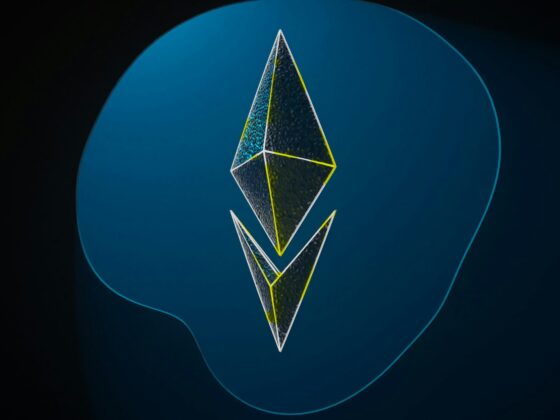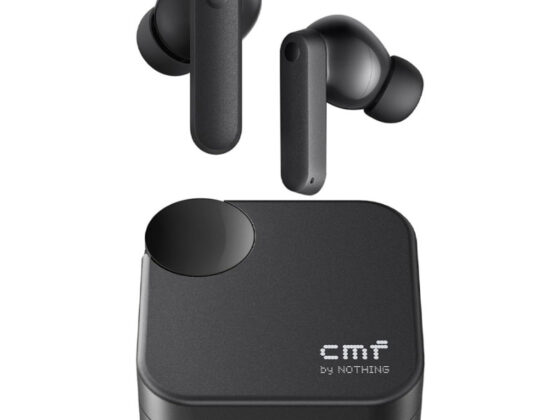One of the biggest challenges for any app developer has been getting people to make the commitment to download an app.
Stores like the Google play store and Apple’s App Store at least guarantee, for the most part, that what you download won’t be completely a scam. Their definition of that, however, sometimes differs from what the average person would think.
Related: Amazon pulls the plug on a free service for customers
Yes, in both cases, developers are supposed to tell you when there are additional costs in a so-called free app. Exactly how you find that information can vary quite a bit.
Some apps are purely functional and you can pay extra for things you may want, but don’t need. In other cases, the free version is essentially useless.
That situation has made people wary of what they download. There are just so many cases where downloading something means having to delete something else, and then whatever we downloaded turns out to be a waste.
💵💰Don't miss the move: Subscribe to TheStreet's free daily newsletter 💰💵
When it comes to games, nobody knows whether a game will be fun. Some people have a pretty high bar for a download and won’t download something unless they get a recommendation from a lot of people or play it somewhere else.
Alphabet’s Google had a product that solved this problem. But that solution is going away.
Image source: TheStreet
Google is getting rid of Instant Play
“With Google Play Instant, people can use an app or game without installing it first. Increase engagement with your Android app or gain more installs by surfacing your instant app across the Play Store and Google Play Games app,” the company shared.
The tools were meant to make games and other experiences easier for users to access with less of a commitment.
“Android’s new app publishing format, the Android App Bundle, makes it easier than ever to offer a Google Play Instant experience. Starting from the Android Studio 3.3 beta release, you can build and publish one app bundle artifact to Google Play containing both instant and feature modules. Build instant games easily with Cocos and Unity plug-ins,” it added.
Google Play Instant was open to all app and game developers. It seemed like a good idea that allowed consumers to play games without committing to a download, but it apparently did not work.
More media and entertainment:
- Disney makes major theme park announcement after startling loss
- Comcast raises red flag about unexpected customer behavior
- Disney CEO offers unexpected response to tariff concerns
The company shared its decision to shut down the service.
“Google Play Instant will no longer be available. Starting December 2025, Instant Apps cannot be published through Google Play, and all Google Play services Instant APIs will no longer work. Users will no longer be served Instant Apps by Play using any mechanism,” it posted on its website.
Google appears to have made this decision based on usage patterns and what it heard from developers.
“We're making this change based on developer feedback and our continuous investments to improve the ecosystem since the introduction of Google Play Instant,” it added.
Alphabet's overall revenue has grown
While Google Instant Play appears to have failed, the company has been growing overall. That's something CFO Anat Ashkenazi talked about during the company's first-quarter earnings call.
“We had another strong quarter in Q1. Consolidated revenues of $90.2 billion increased by 12% or 14% in constant currency. Search and YouTube advertising, subscription platforms and devices, and Google Cloud, each had double-digit revenue growth this quarter reflecting strong momentum across the business,” she shared.
Profits were up for Alphabet (GOOGL) as well.
“Net income increased 46% to $34.5 billion and earnings per share increased 49% to $2.81. We delivered free cash flow of $19 billion in the first quarter and $74.9 billion for the trailing 12 months. We ended the quarter with $95 billion in cash and marketable securities,” she added.
Related: Amazon Prime Day sales for customers aren’t going as planned
And despite the failure of Instant Play, the Services division saw big growth as well.
“Turning to segment results. Google services revenues increased 10% to $77.3 billion reflecting strength in Google Search and YouTube advertising as subscription. Google Search and other advertising revenues increased by 10% to $50.7 billion. The robust performance of Search was once again broad-based across verticals led by financial services, due primarily to strength in insurance, followed by retail,” the CFO shared.













